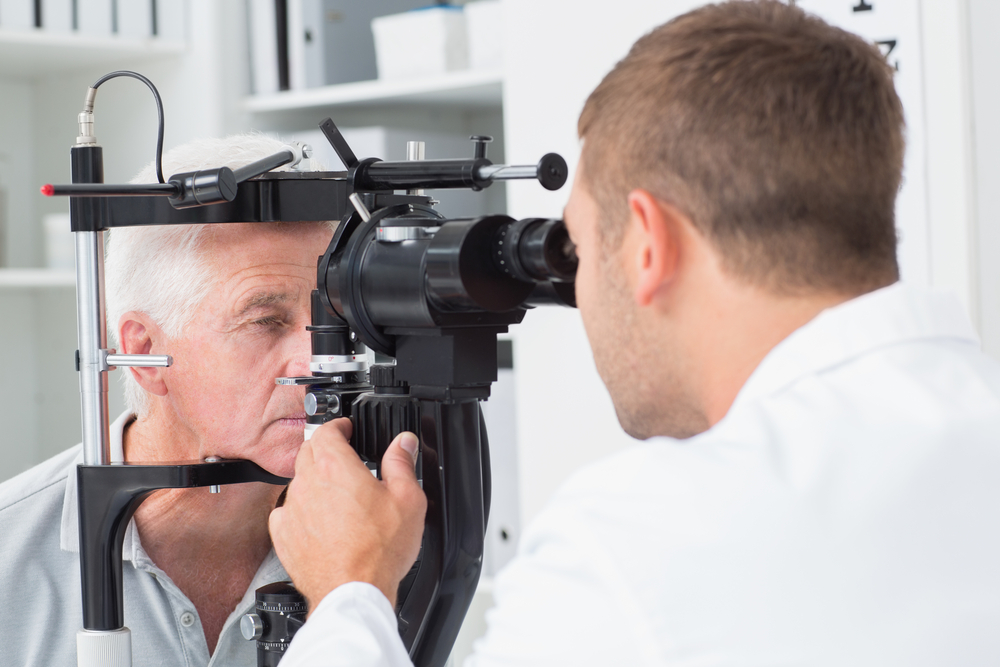Have you recently been diagnosed with Age-Related Macular Degeneration (AMD)? You may qualify to take part in a clinical research study to evaluate an investigational eye medication. Talk with your retina doctor for more details.
To participate you must be:
- At least 50 years of age
- Newly Diagnosed with Exudative Age-Related Macular Degeneration (Wet AMD)
This clinical research study could be right for you!
If you qualify to participate:
- Your participation may last up to 6 months and include approximately 8 visits.
- You will receive study-related medication and study-related exams at no cost. Compensation for your time and travel expenses may be available.
For More Information Contact:
Shellie Fuentes, Clinical Study Coordinator
TLC Eyecare & Laser Centers
[email protected]
(517) 749-1755
 877-852-8463
877-852-8463 Careers
Careers Locations
Locations Patient Portal
Patient Portal Request Appointment
Request Appointment








 877-852-8463
877-852-8463
